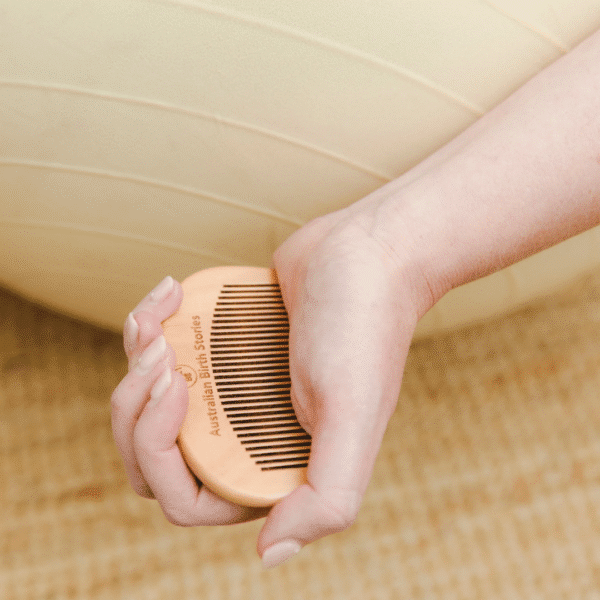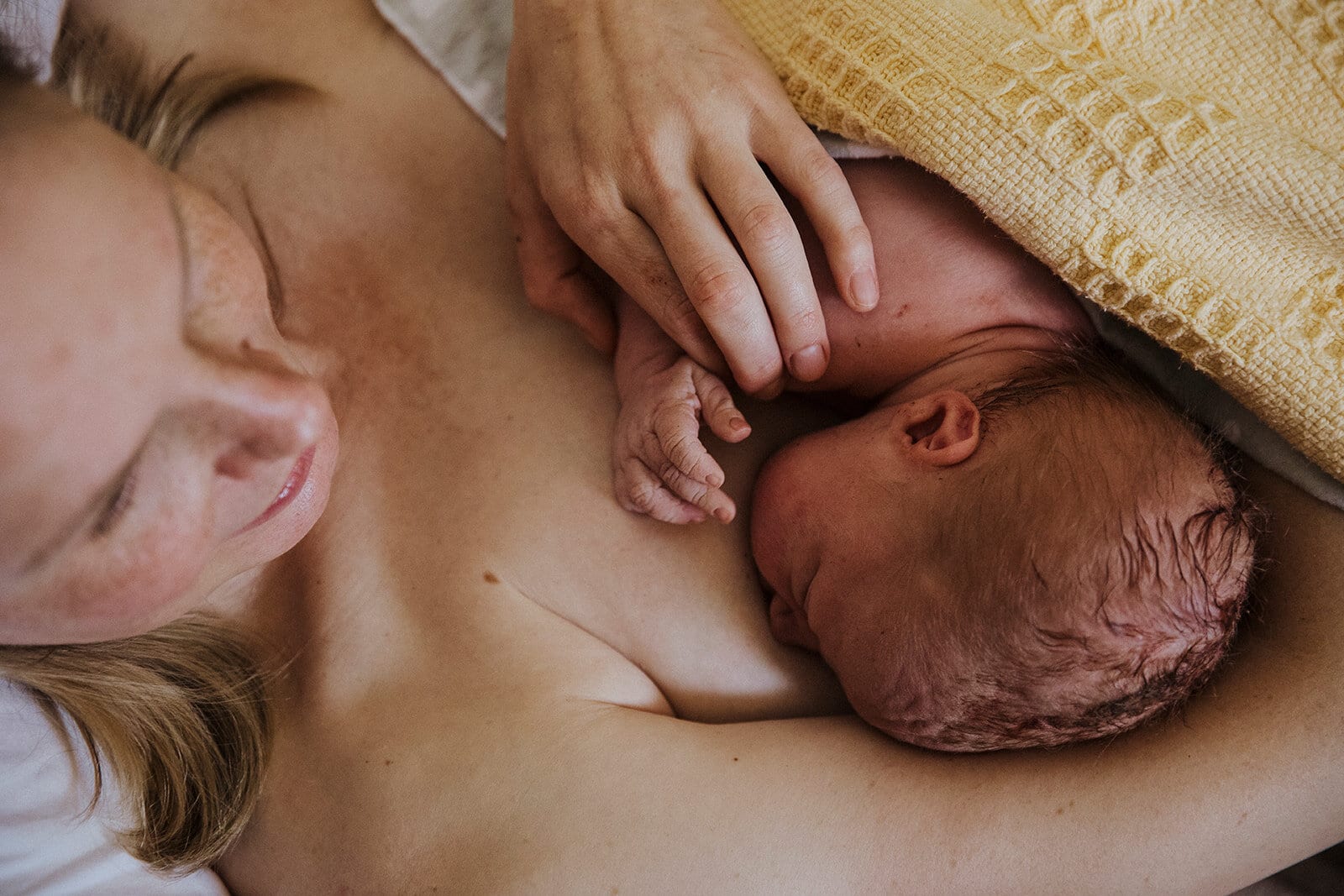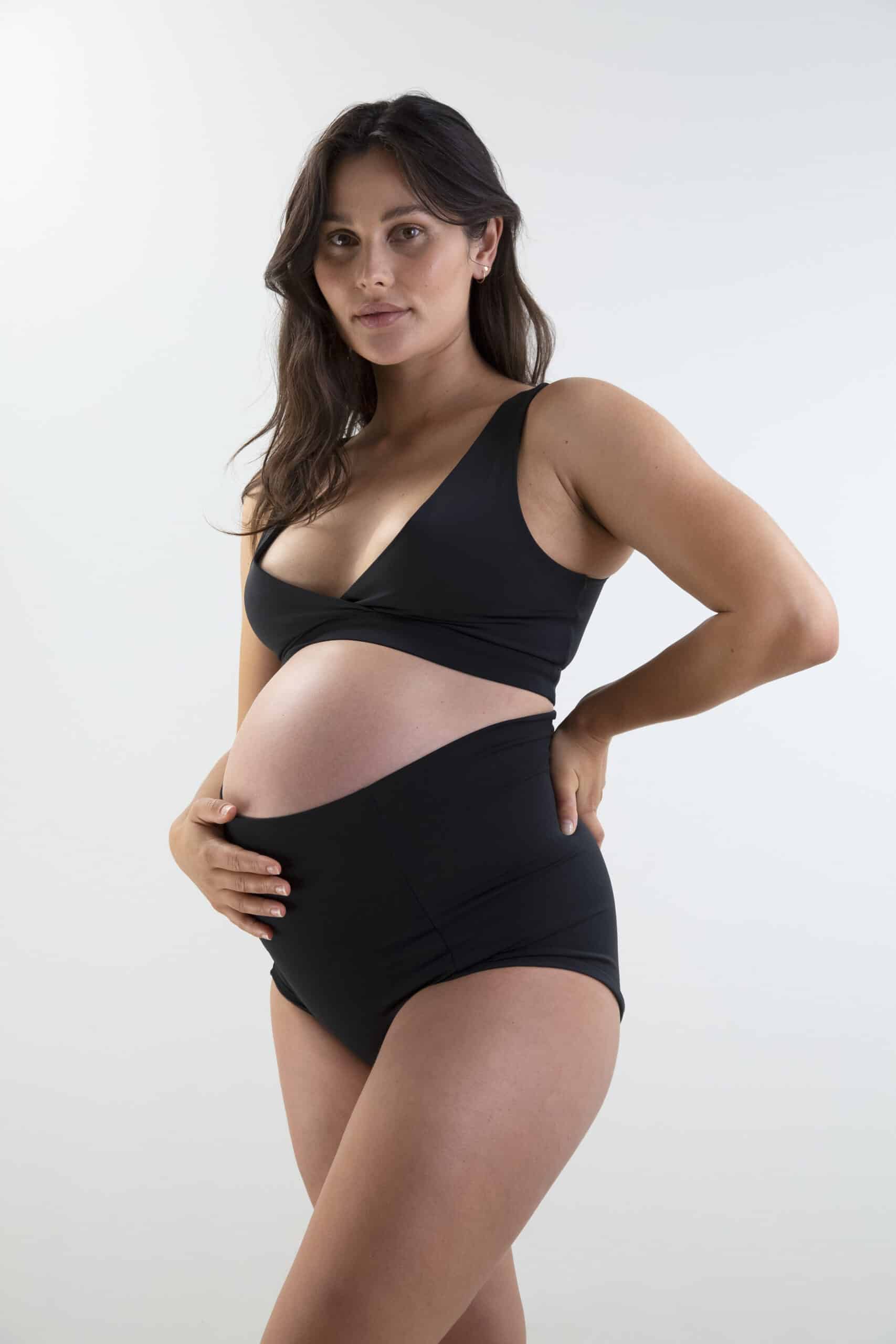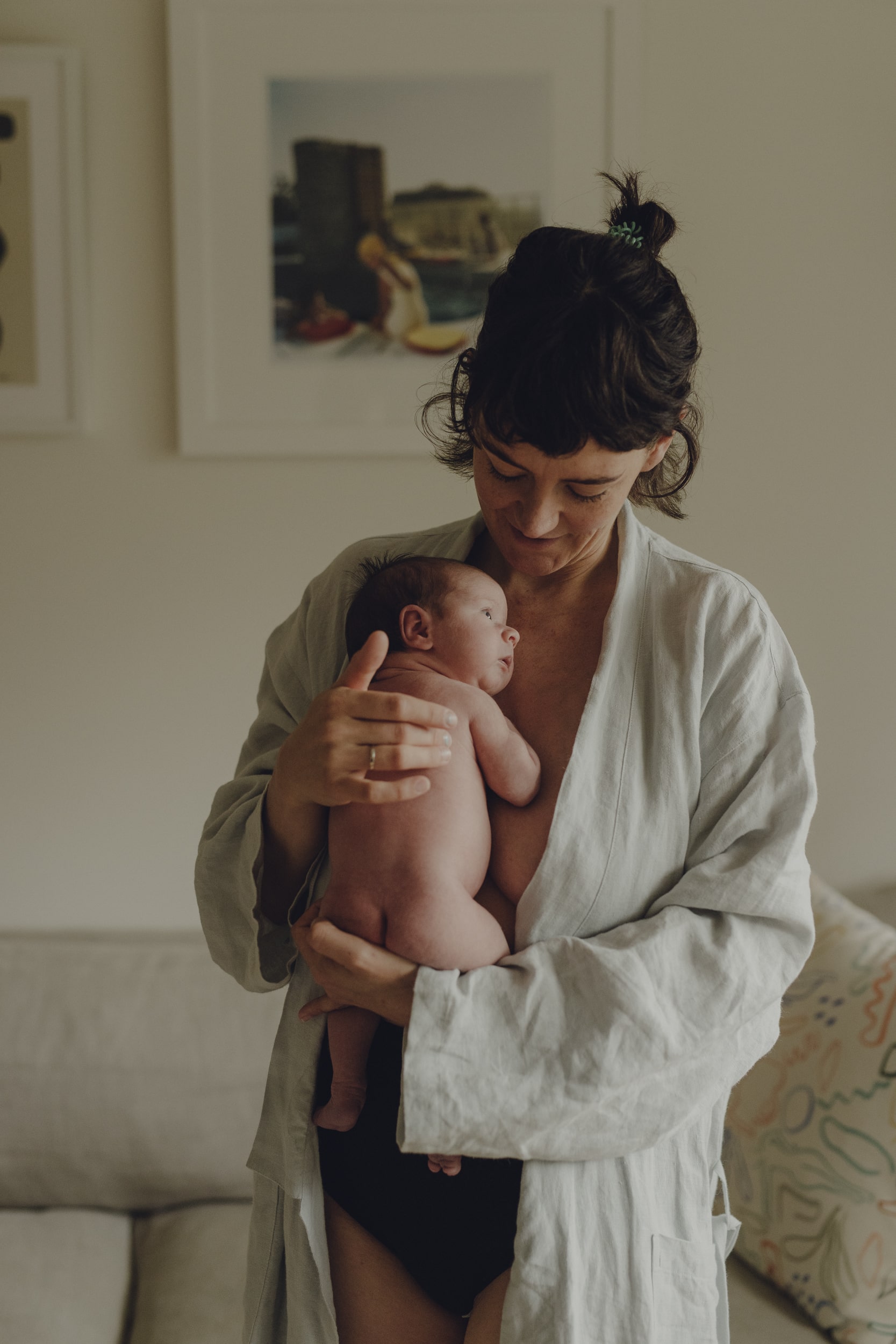Postpartum Essentials for The Fourth Trimester
Essentials for The Fourth Trimester
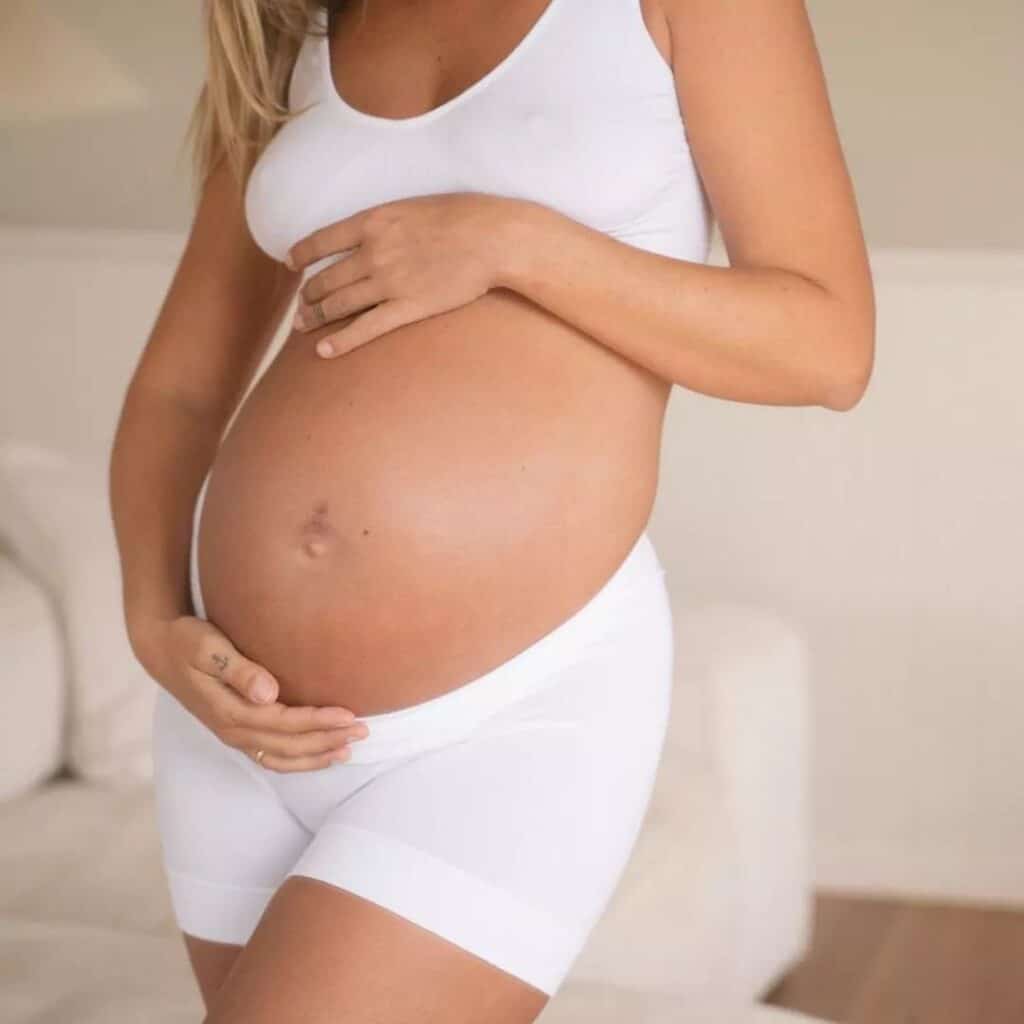
Comfortable basics are absolutely essential for early postpartum when your body is soft and sore. Your physical recovery will be very dependent on your birth experience but, that said, no-one is bouncing back from pregnancy and birth.
The whole concept of returning to who you were before your pregnancy is unrealistic; your body has taken almost a year to conceive, grow and birth your baby, it will take you time to recover and heal.Soft and supportive clothes that you can wear in bed and around the house are ideal because they’ll make you feel good, there won’t be any tight waistbands digging into your skin and they’ll move with you. Remember that you’ll spend many, many hours holding, feeding and cuddling your newborn; you want them to lie against soft clothing. And when you’re not wearing a top, we encourage you to practise skin-to-skin (your naked baby against your skin) because while it’s a beautiful thing to do as a new mum, it also promotes the flow of oxytocin which fosters your bond and helps establish a breastfeeding rhythm.
Your postpartum body will be soft and leaking – blood, milk and tears – and it deserves time, grace, acceptance and love as it heals. In the fourth trimester, you can expect the following:
Afterpains :
Once you have birthed your baby and the placenta, your uterus begins a process called involution, where it contracts back to its original size. This also helps to ease blood loss. The more babies you’ve had, the more painful your afterpains may be, hence comfortable clothes that allow you to move (and squirm) freely, are essential.
Postpartum bleeding :
Regardless of whether you had a caesarean or vaginal birth, you can expect to bleed for between 4-6 weeks after birth. This discharge is called lochia and it’s a mix of blood, mucous and tissue. In the first week after birth you can expect your discharge to be bright red and you may pass small clots. If you pass bigger clots, if you notice an unusual smell or a distinct increase in your blood loss (filling a pad an hour), contact your care provider.
Night sweats :
About one-third of new mums experience night sweats, which are caused by hormonal fluctuations and excess fluid retained in pregnancy. It’s quite common to wet through your clothes and your sheets so yes, they can be uncomfortable and inconvenient. They’re often worse if you’ve had IV fluids during or after labour. Make sure you stay hydrated and wear natural fibres – cotton and bamboo – against your skin.
Engorged breasts :
Whether you intend to breastfeed or not, your milk will come in roughly three days post-birth (expect it to take a bit longer if you’ve had a caesarean birth). You can expect to feel quite teary when your milk comes in (go on, have a good cry), as the hormone prolactin prompts the production of milk and tears. If you are breastfeeding, you can expect your breasts and nipples to be very tender; soft breastfeeding bras without underwire are highly recommended.

What are the comfiest essentials for the fourth trimester?
After birth, when you’re resting, recovering, and learning to embrace your postpartum body, comfort is key. Regardless of your size or shape, your soft core, aching perineum or healing caesarean scar, you need soft, breathable basics against your skin. Boody uses organically-grown bamboo to create supportive underwear that holds you when you need it most. Alongside their high-waisted full briefs that feature a thick and comfortable waistband, Boody has just released period and leak-proof undies, a must-have for postpartum and beyond. Pelvic floor weakness is expected after birth and comfortable underwear that catches the leaks will help you feel more confident; in hospital, at home and when you feel ready to leave the house with your baby.
Head to boody.com.au/australianbirthstories – you’ll find everything you need for this time in your life and beyond plus a code to enjoy 15% off everything in the edit.
If you feel like you need a rousing encouragement to figure out what you care about, let go of your guilt and foster compassion for yourself (and mothers in your community), listen to Sophie’s interview with motherhood sociologist, Dr Sophie Brock, in episode 384.
Categories
Related Products
-
Birth Combs: Harness Your Body’s Natural Pain Relief
$24.95Crafted from smooth, natural wood, our birth combs activate specific pressure points in your hands that trigger your body’s innate pain-relieving responses.
Get your copy of our Perineal Massage Guide in your inbox
Keep Reading
We think you might enjoy these articles
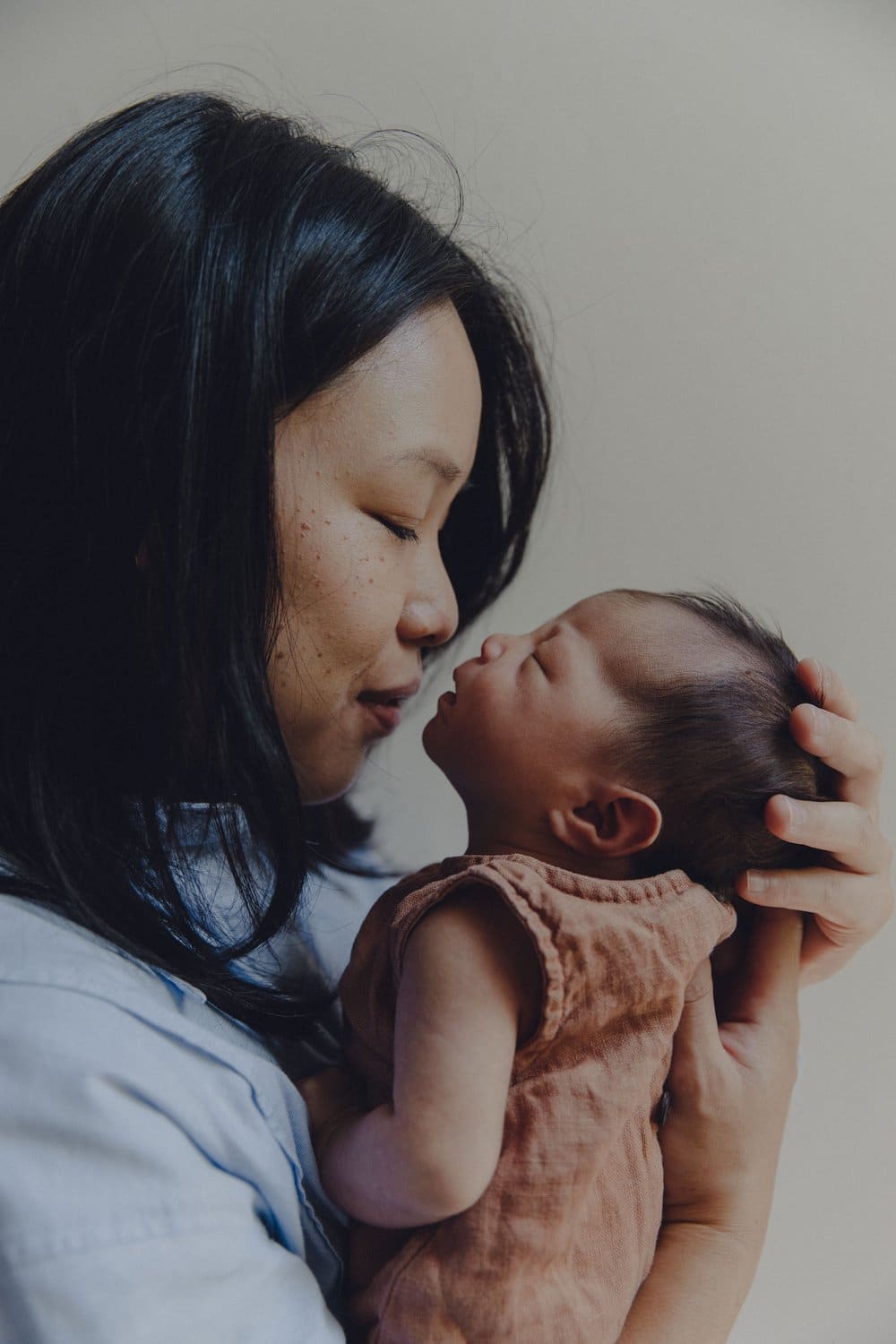
Why planning for postpartum is just as important as planning for birth – and how to do it right
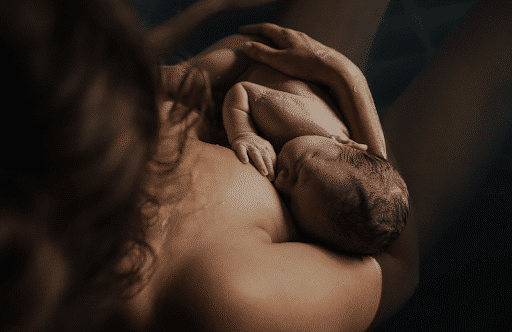
Cracked Nipples: Causes, Treatment and Prevention
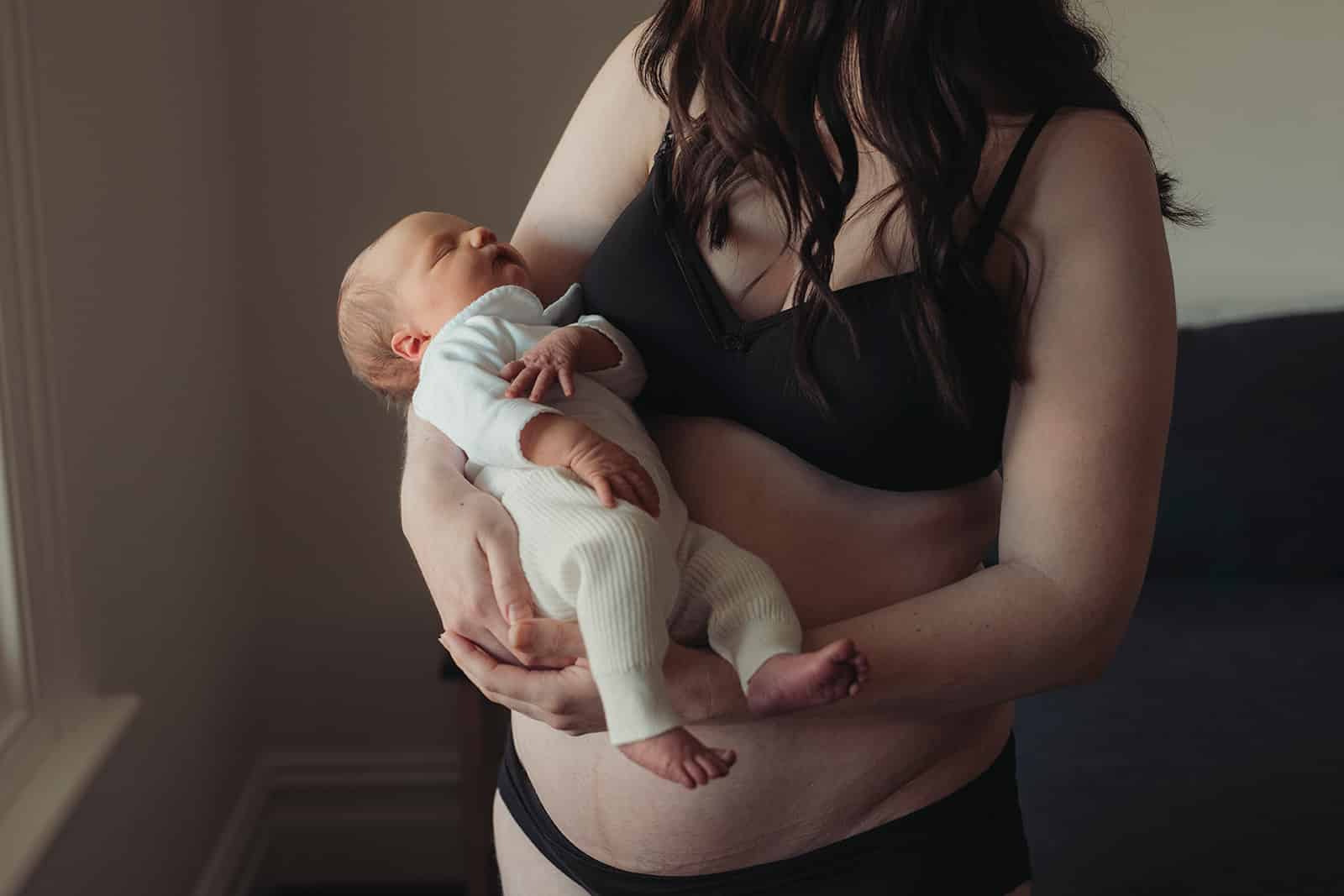
Caesarean Birth Recovery
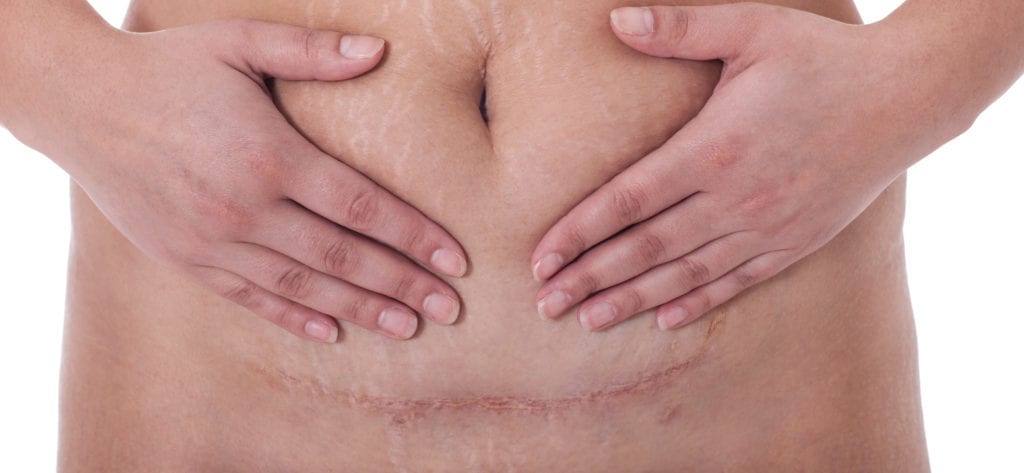
What is a C-Section Shelf?
@AustralianBirthStories
Follow along with us
@AustralianBirthStories
Follow along with us
@AustralianBirthStories
Follow along with us
@AustralianBirthStories
Follow along with us
@AustralianBirthStories
Follow along with us
@AustralianBirthStories
Follow along with us
@AustralianBirthStories
Follow along with us
@AustralianBirthStories
Follow along with us
@AustralianBirthStories
Follow along with us
@AustralianBirthStories
Follow along with us
@AustralianBirthStories
Follow along with us
@AustralianBirthStories
Follow along with us
